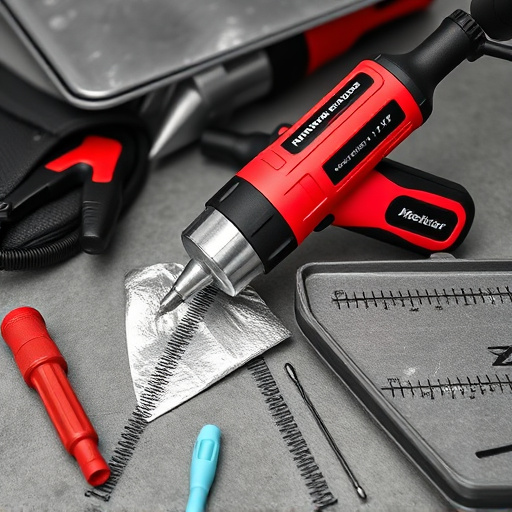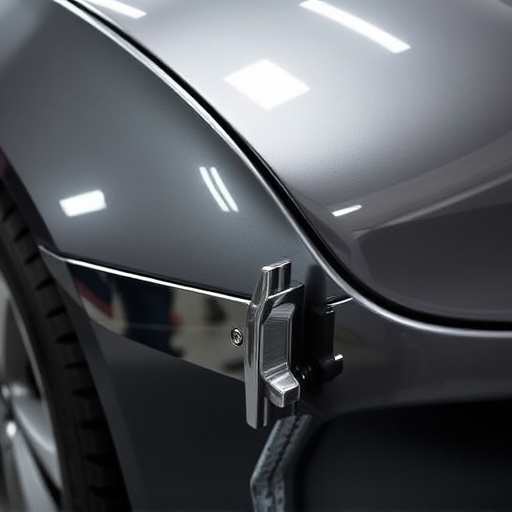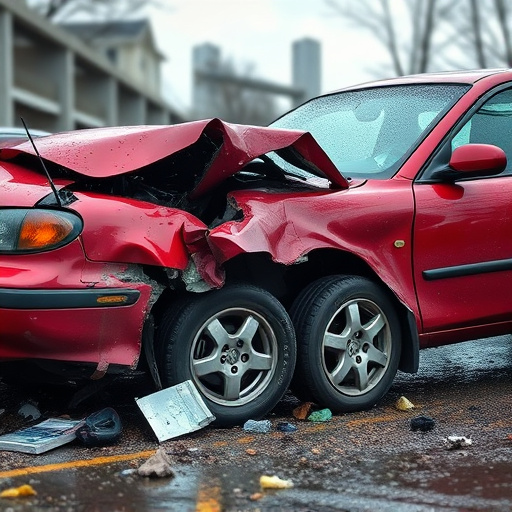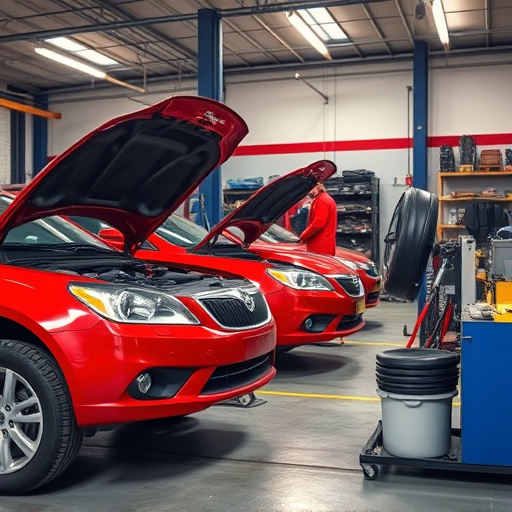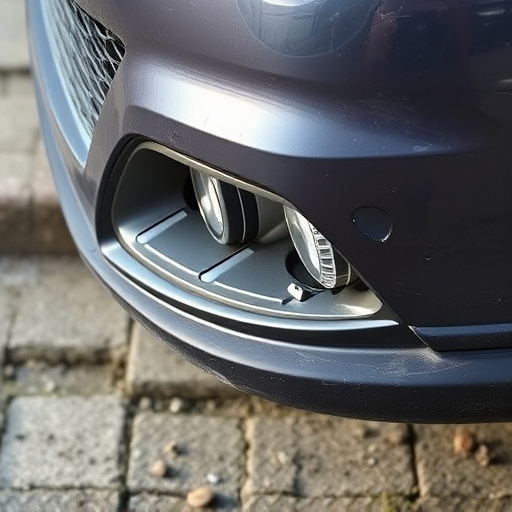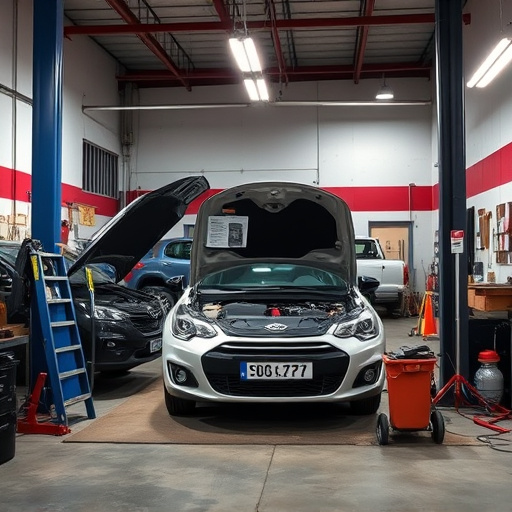In automotive collision repair, understanding paint repair warranties is vital for consumers. These warranties cover defects like poor workmanship, blistering, and color mismatch for a set period. Legally, holders can seek repairs, replacements, or refunds if the painted surface fails. Consumer protection laws like the Paint Repair Warranty Act establish minimum standards, ensuring clear terms, specific coverage, and dispute resolution processes. Repair facilities must maintain detailed records, promoting transparency. After repair, review your warranty, keep records, and know your rights to advocate for fair treatment and peace of mind.
In today’s digital era, understanding legal protections surrounding a paint repair warranty is paramount for consumers. This article delves into the intricate legal framework that supports holders of paint repair warranties, providing clarity on their rights and recourse. We explore key legal protections, offer practical strategies for enforcing these rights, and equip consumers with valuable resources to navigate this landscape effectively. By understanding your legal options, you can ensure a robust paint repair warranty experience.
- Understanding Paint Repair Warranty Rights: A Legal Perspective
- Key Legal Protections for Paint Repair Warranty Holders
- Enforcing Your Rights: Strategies and Resources for Consumers
Understanding Paint Repair Warranty Rights: A Legal Perspective

In the context of paint repair warranty services provided by collision centers or body shops, understanding one’s legal rights is paramount. A paint repair warranty, often included in auto frame repair or body shop services, guarantees that the repainting job will be free from defects for a specified period. This legal protection ensures that customers are not left with unsightly or imperfect repairs. The terms and conditions of these warranties vary, but they typically cover issues like poor workmanship, blistering, or color mismatch.
From a legal perspective, paint repair warranty holders have the right to seek remedies if the painted surface fails to meet the expected standards within the warranty period. This may include requests for repairs, replacements, or refunds. Knowledge of these rights empowers consumers to advocate for high-quality work and timely resolution of any issues that arise post-repair, fostering a healthy relationship between customers and service providers in the collision center or body shop industry.
Key Legal Protections for Paint Repair Warranty Holders

In the realm of consumer protection, several key legal protections are designed to safeguard those who avail themselves of paint repair warranties. These safeguards ensure that auto body restoration and car scratch repair services adhere to established standards and provide customers with a level of security. One significant protection is the Paint Repair Warranty Act, which sets minimum requirements for such warranties, including clear terms and conditions, specific coverage details, and a defined process for dispute resolution.
Additionally, many jurisdictions enforce strict regulations regarding advertising and marketing practices, ensuring that promises made by repair shops regarding their paint work are truthful and not misleading. This is particularly relevant in the case of Mercedes Benz repair or any high-end automotive brand, where customers expect precision and quality. Legal frameworks also mandate that repair facilities maintain records of repairs, parts used, and warranties issued, fostering transparency and accountability in the event of disputes or future reference.
Enforcing Your Rights: Strategies and Resources for Consumers

If you’ve recently had paint repair work done on your vehicle, understanding your legal protections is vital to ensuring fair treatment and peace of mind. Enforcing your rights as a consumer involves being proactive and well-informed. Begin by reviewing the terms of your paint repair warranty – it’s a crucial document that outlines what services are covered and for how long. Keep a record of all communications with the auto bodywork facility, including receipts, work orders, and any correspondence regarding repairs or issues that arise post-service.
Should disputes occur, consumers can leverage various resources. Many regions have consumer protection agencies that offer guidance and assistance in dealing with businesses, especially when it comes to auto repair shops and car paint services. These agencies can help mediate between you and the repair shop, ensuring your rights are respected. Online platforms and legal aid organizations also provide useful information and support for consumers navigating warranty claims, offering practical strategies to advocate for your interests.
In understanding and enforcing your rights regarding paint repair warranties, consumers can navigate legal protections that ensure quality and accountability. By familiarizing themselves with these key provisions, individuals can assert their claims effectively, fostering a robust consumer landscape for paint repair services. This knowledge empowers folks to make informed decisions, ensuring their investments in paint repairs are protected and backed by solid legal foundations.

